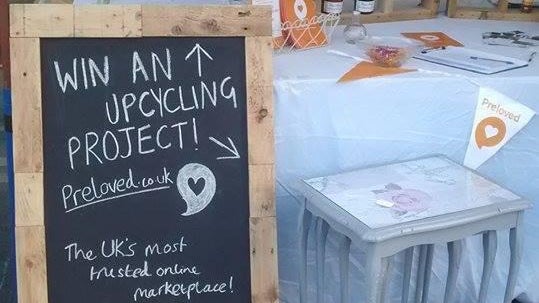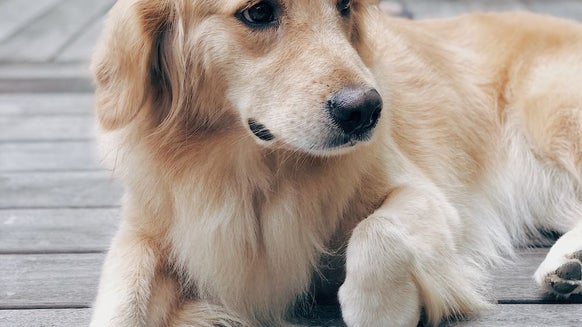A Quick Guide on the Law When Buying Livestock

Whether you grew up in the country, or you have simply fallen in love with idea of owning your very own collection of farmyard friends, you can find great joy from owning livestock. From mischievous goats and alpaca, to big gaggles of geese and chickens, owning livestock can be a great way keep your land mowed, create income for your family (by selling wool, eggs etc.), and will help you escape into the countryside away the stresses of every day life.

If you are seriously considering owning livestock, and you have the land to hand, you will need to have CPH number. Before you get browsing through our listings for livestock for sale and start falling in love, keep reading to find out how you can apply for your CPH number, along with other legislation you should be aware of.
What is a CPH number?
A County Parish Number (CPH) number is a way of identifying your farm, business or small holding and keeps a trace of your livestock. This information becomes especially important if there is an outbreak of disease. It comes in the following format (as an example) which lists your county, parish and holding:
12/123/1234
To obtain a CPH number, you need to apply to the Rural Payments Agency (RPA).
When do I need a CPH number?
Regardless of whether you want to keep animals for business or just for companionship, you will need to apply for a CPH number to keep any of the following.
- cattle
- sheep
- goats
- pigs (that includes micro pigs!)
- alpacas
- llamas
- poultry (over 50 birds)
What is an AML document?
Once you have your valid CPH number, and you are ready to go and pick up your livestock, the seller will need to have an AML document ready before your new friends can come home with you. AML (Animal Movement Legislation) documents, help track any potential spread of disease, and are required for all livestock - even if you are just moving one animal. There are different rules and regulations for different types of livestock - you can find out more here.
As part of this documentation, the seller will be referred to as the "departing address", and they are responsible for providing you with this document. There are several sections of the document which need to be filled in by the seller, the person transporting the animals, and yourself once the animals have arrived on your premises. Within three days of your animals arriving on your land, you must send the document to your local authority.
If you are to move your animals onto new premises in the future, or sell your animals at a later date, you will be responsible for sourcing an AML form to document their movements.

Registering your livestock animals
Once your livestock have arrived into their new homes, you will need to register them with Animal Health along with your CPH number. You can find more information about where to register your animals here. Once informed, Animal Health will register your animals for you and send you the relevant documentation. Your animals will need to be marked accordingly with their relevant identification numbers.
Please note that you must inform Animal Health if your correspondence address differs from your CPH address (where your animals are kept).
What are standstill rules?
Once your new livestock is on your premises, there are certain "standstill" rules you must adhere to. Depending on what your livestock is, there will be a period of time that your animals will not be allowed to move off your CPH registered address. This period acts as an incubation period allowing time for any noticeable diseases to be detected.
If you are bringing in a new member to your existing farmyard family, not only will standstill rules apply to your new animal, but also to any livestock animals in the same CPH address. You can find out more information on standstill rules here.
General animal welfare regulations
When owning any animal, whether they are a pet or livestock, you have a duty of care in regards to their welfare. Gov.uk have detailed guidance in regards to various animal welfare regulations for different groups of livestock animals. Make sure you take the time to read through their detailed regulation guides so you are aware of what you must adhere to when owning livestock.
Find your forever farmyard friends!
Once you are all up to date on your legislative reading and documentation, the fun can start finding your new forever farmyard friends! Visit our livestock pages where you can find hundreds of goats, sheep, pigs, poultry and more, all looking for new homes.
Whilst looking for your ideal animals - if you come across sellers who do no ask for your CPH number, or don't want to arrange an AML document, don't buy the animals! It is likely these animals are not legitimate, and perhaps even stolen. If you are ever unsure about a seller, please contact us.








